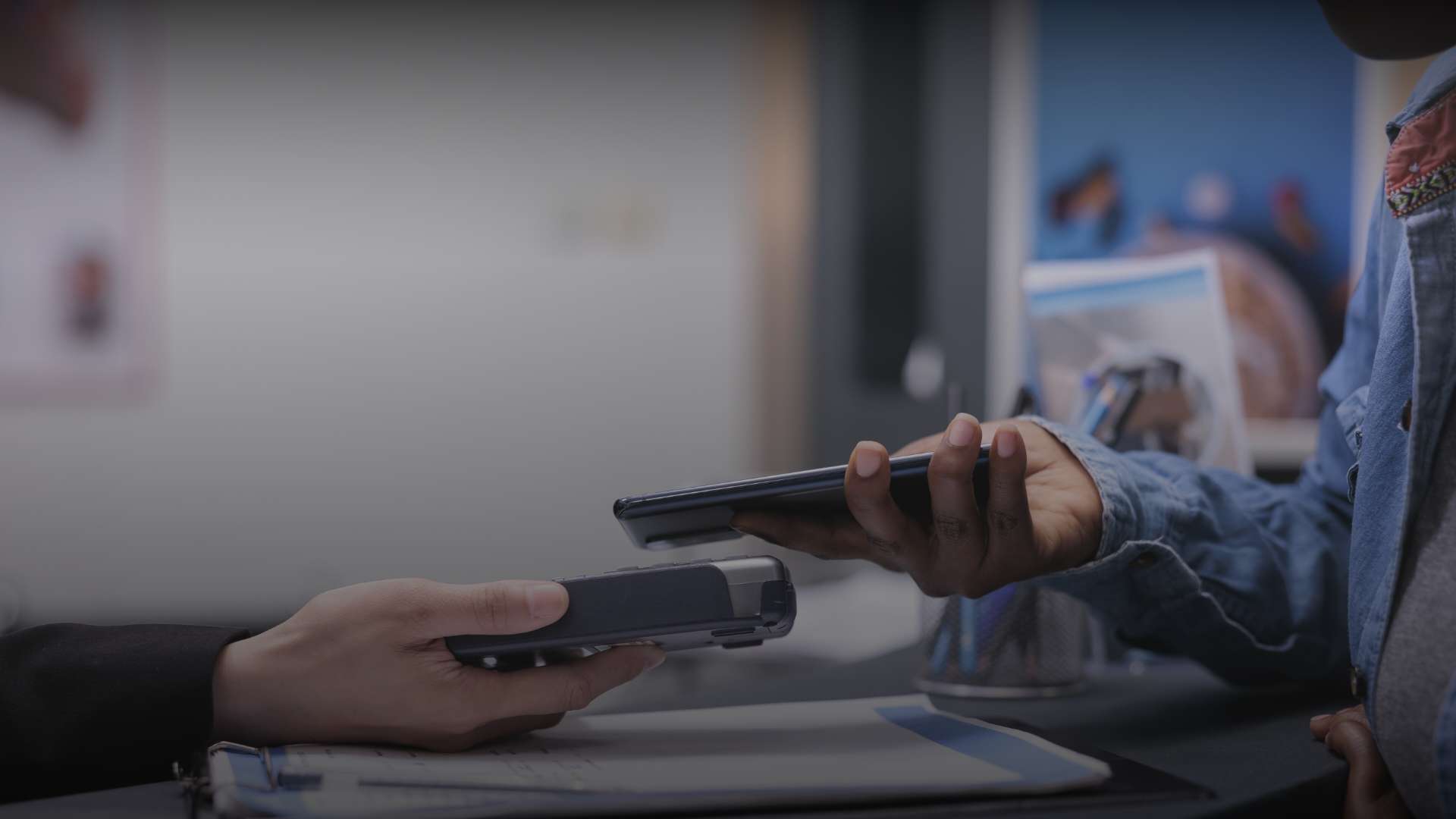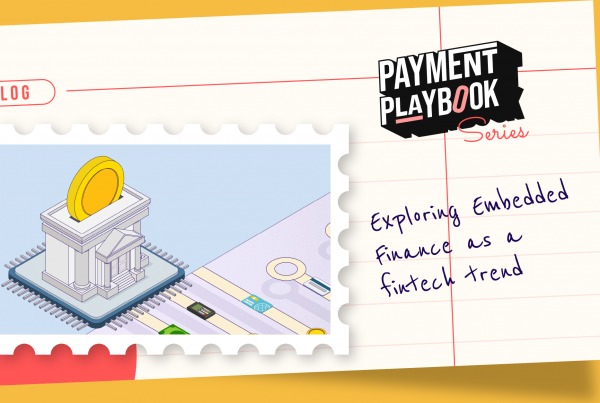The world we live in today constantly sees rapid technological development that significantly impacts us in every sphere. Modern technology has impacted how we communicate with each other, how we see the world and how we do business.
In business, the benefits have been numerous; among them is the convenience with which customers interact and transact with merchants. It is these technologies that fintechs have tapped into to improve payment processes for businesses.
Businesses across all industries have greatly benefited from these improved payment systems and processes. Now, businesses can easily collect payments from their customers amidst enhanced security in addition to the cost reduction usually associated with traditional banking.
Payment optimisation has been one of the great benefits of financial technologies, improving the internet economy and making it easier to sell to more people worldwide.
In Nigeria, we are constantly seeing the beauty of financial technology; there’s an ever-increasing spread in the adoption of digital payments and an increase in financial inclusion-which leads to increased financial capability, according to the United Nations.
The everyday use cases for fintech products are now a dime a dozen, from the betting industry to agency banking, retailing, B2B etc.
However, this encouraging spread in the adoption of financial technology has yet to apply much to businesses in the Nigerian healthcare sector. This challenge isn’t peculiar to Nigeria. 46% of consumers in the United States rate the healthcare industry as the most challenging payment to make, according to Salucro, an American healthcare financial technology company.
Data has been scarce in trying to establish the actual state of adoption of financial technology in the Nigerian healthcare sector. In truth, this is because healthcare providers in Nigeria are yet to adopt technology in any meaningful way, including record keeping and payments.
In a Substack post, Dr Ikpeme Neto, a health tech entrepreneur, argued that the Nigerian health sector is failing to keep pace with technology because it lacks the foundational infrastructure to power technology adoption.
Because of this lack of progress in the adoption of technology, Dr Neto, who is also the founder of Wella Health Technologies, said that there isn’t “much electronic communication or health data exchange between providers, patients, payors and the regulators”. This lack of cohesiveness in the healthcare industry has made it difficult for providers to adopt technology and improve consumer payment experience.
Payment collections
The healthcare industry in Nigeria has yet to follow the trends in payment collections like other business segments.
In Nigeria today, payments in health care depend on the type of healthcare facilities; Let’s take Wella Health Technologies, a third-party administrator (TPA) startup that does healthcare financing using alternative care pathways. Wella Health uses agents to deliver micro health plans; these agents sell health plans and collect cash from patients.
Giving more insights into this cash collection process, Dr Neto said they didn’t start by collecting cash; it was the market that forced them.
When Wella Health started in 2019, in one month, they had about a thousand customers and wanted them to make payments via mobile money platforms like Paga. That didn’t translate because the people wanted to pay directly to the TPA. So they created their payment system with agents going around to collect cash.
Payment methods obtainable in the healthcare sector in Nigeria differ with healthcare providers; for example, pharmaceutical stores in urban areas would collect payment with point-of-sale devices, while cash dominates in rural areas.
For hospitals where patients have larger ticket sizes, these facilities collect payments mainly through bank transfers and also POS devices.
There is also a big market in large corporations that have retainership with hospitals where payment collections are done via invoicing and written records.
Only the Health Maintenance Organisations (HMOs) have adopted recent payment trends in the Nigerian healthcare system. HMOs use checkout flows to collect payments on their online platforms.
Perhaps, insurance would have been the way for the healthcare system to fix their payment issues, but this doesn’t seem easy in a country where out-of-pocket payments dominate the industry. Only less than 10% of Nigerians are covered with health insurance.
Still, there is hope. While work needs to continue with policies to help the Nigerian Health Insurance Scheme (NHIS) expand its cover and address this problem, healthcare providers have numerous benefits to optimise payments for their consumers.
Healthcare is complex, but paying for it shouldn’t have to be. Fintechs like Fincra can provide a comprehensive payment experience for everyone in the ecosystem, from providers to patients and third-party partners.
With Fincra’s Pay-In, patients can quickly pay their healthcare bills online for a more efficient revenue cycle for providers.
Healthcare transactions are also mostly in person, and Fincra has POS Terminal solutions to make it easy for providers and partners to collect payments.
These solutions can help healthcare providers increase revenue and reduce time and effort for unnecessary tasks for an already overwhelming staff as usual in healthcare.
The most significant opportunity to adopt financial technology in the Nigerian healthcare sector is in the issue of credit. Many healthcare facilities give a lot of credit to their customers; there are several inconvenient situations where patients run away after getting better or hospitals hold on to patients until they pay their bills.
There must be solutions for patients who cannot pay their bills in full by giving them flexible payment options with convenience and privacy. Everyone deserves healthcare, and only financial technology can provide people with access to these types of credit services in healthcare. mPharma, a tech-driven healthcare startup, offers a solution like this for medicines in Nigeria.
Payouts
Just like every other sector, businesses in the healthcare sector do have needs for payouts and disbursements. The use cases are numerous, from payroll management of health workers to buying medical equipment, drugs etc. and HMOs making disbursements for claims.
Sending these many payments each week/month can be labour-intensive and expensive, adding to the overwhelming task load of a typical healthcare working force. Cross-border payments can also be an additional challenge.
Electronic payment methods have continued to dominate payouts in the healthcare industry, according to people who interface with the industry enough to make an educated guess.
Again, HMOs are leading in adopting technology in making payouts for claims and other needs. Dr Neto’s Wella Health uses an agent app with a float from where they debit their share and leave the commission for the agents.
Healthcare is a critical sector, and businesses in this industry must allocate more resources to what is really important; the patient’s care. Hence the need for these businesses to partner with fintechs and payment companies to transform how they make payments and manage spend.
Fincra has Pay-Out features that can help medical businesses to streamline their payment services, giving them the time and resources to provide excellent healthcare services.
Fintechs looking to work exclusively with healthcare businesses to solve these payment challenges can also use Fincra’s APIs to build these products. An example of a fintech that serves only the healthcare industry is Caxton, a payment company that has built product specifically for that sector.




